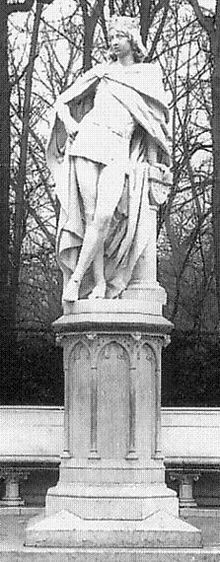
Paul Abraham Dukas was a French composer, critic, scholar and teacher. A studious man of retiring personality, he was intensely self-critical, having abandoned and destroyed many of his compositions. His best-known work is the orchestral piece The Sorcerer's Apprentice, the fame of which has eclipsed that of his other surviving works. Among these are the opera Ariane et Barbe-bleue, his Symphony in C and Piano Sonata in E-flat minor, the Variations, Interlude and Finale on a Theme by Rameau, and a ballet, La Péri.

Darius Milhaud was a French composer, conductor, and teacher. He was a member of Les Six—also known as The Group of Six—and one of the most prolific composers of the 20th century. His compositions are influenced by jazz and Brazilian music and make extensive use of polytonality. Milhaud is considered one of the key modernist composers. A renowned teacher, he taught many future jazz and classical composers, including Burt Bacharach, Dave Brubeck, Philip Glass, Steve Reich, Karlheinz Stockhausen and Iannis Xenakis among others.
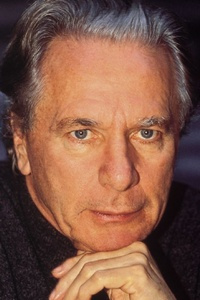
Maurice-Alexis Jarre was a French composer and conductor. Although he composed several concert works, Jarre is best known for his film scores, particularly for his collaborations with film director David Lean. Jarre composed the scores to all of Lean's films from Lawrence of Arabia (1962) to A Passage to India (1984). He was nominated for nine Academy Awards, winning three in the Best Original Score category for Lawrence of Arabia (1962), Doctor Zhivago (1965), and A Passage to India (1984), all of which were directed by Lean.

Paul Marie Théodore Vincent d'Indy was a French composer and teacher. His influence as a teacher, in particular, was considerable. He was a co-founder of the Schola Cantorum de Paris and also taught at the Paris Conservatoire. His students included Albéric Magnard, Albert Roussel, Arthur Honegger, Darius Milhaud, and Erik Satie, as well as Cole Porter.

Georges Delerue was a French composer who composed over 350 scores for cinema and television. Delerue won numerous important film music awards, including an Academy Award for A Little Romance (1980), three César Awards, two ASCAP Awards, and one Gemini Award for Sword of Gideon (1987). He was also nominated for four additional Academy Awards for Anne of the Thousand Days (1969), The Day of the Dolphin (1973), Julia (1977), and Agnes of God (1985), four additional César Awards, three Golden Globe Awards, and one Genie Award for Black Robe (1991).

Pierre Léon Marie Fournier was a French cellist who was called the "aristocrat of cellists" on account of his elegant musicianship and majestic sound.
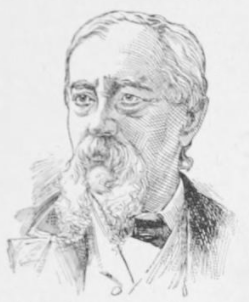
Frederick William Nicholls Crouch was an English composer and cellist.
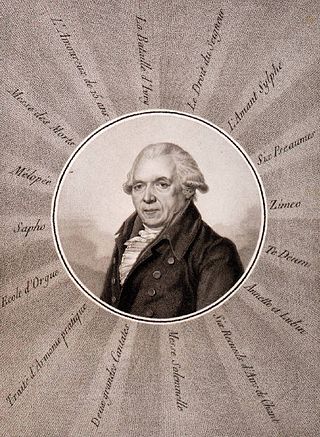
Jean-Paul-Égide Martini, also known as Jean-Paul-Gilles Martini was a French composer of German birth during the classical period. He is best known today for the vocal romance "Plaisir d'amour," on which the 1961 Elvis Presley pop standard "Can't Help Falling in Love" is based. He is often confused with the Italian composer Giovanni Battista Martini, so is sometimes known as Martini Il Tedesco.

Philippe Gaubert was a French musician who was a distinguished performer on the flute, a respected conductor, and a composer, primarily for the flute.

Nicola Piovani is an Italian light-classical musician, theater and film score composer, and winner of the 1998 Best Original Dramatic Score Oscar for the score of the Roberto Benigni film La Vita è bella, better known to English-speaking audiences as Life Is Beautiful.

Paul Jules Barbier was a French poet, writer and opera librettist who often wrote in collaboration with Michel Carré. He was a noted Parisian bon vivant and man of letters.

John Powell is an English composer best known for his film scores. He has been based in Los Angeles since 1997 and has composed the scores to over 70 feature films. He is best known for composing and/or co-composing scores for animated films, such as Antz (1998), The Road to El Dorado (2000), Chicken Run (2000), Shrek (2001), Robots (2005), the second through fourth Ice Age films (2006–2012), the Happy Feet films (2006–2011), Dr. Seuss' Horton Hears a Who! (2008), the first two Kung Fu Panda films (2008–2011), Bolt (2008), the How to Train Your Dragon trilogy (2010–2019), Mars Needs Moms (2011), the Rio films (2011–2014), Dr. Seuss' The Lorax (2012), and Ferdinand (2017).

Ernest Gagnon was a Canadian folklorist, composer, and organist. He is best known for compiling a large amount of French Canadian folk music which he published as Chansons populaires du Canada in 1865–1867. He was greatly admired for his virtuoso performances on the organ and was also considered an expert at plainsong accompaniment.

Jules Delsart was a 19th-century French cellist and teacher. He is best known for his arrangement for cello and piano of César Franck's Violin Sonata in A major. Musicologist Lynda MacGregor described Delsart as "one of the foremost French cellists of the period, with faultless technique, a precise bow and a sweet, though not large, tone." He was the owner of the 1689 'Archinto' Stradivari.

Georges de Bazelaire was a Major General in the French Army. During World War I, Bazelaire commanded the 135th Infantry Regiment, the 27th and 38th Infantry Divisions and the 7th Army Corps.
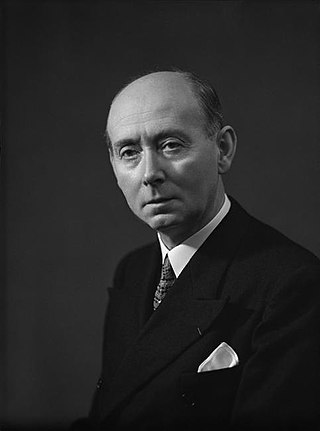
Gustave Marie Victor Fernand Samazeuilh was a French composer and writer on music.
EugèneLouisDemets was one of the most prestigious music publishers in early 20th-century Paris.
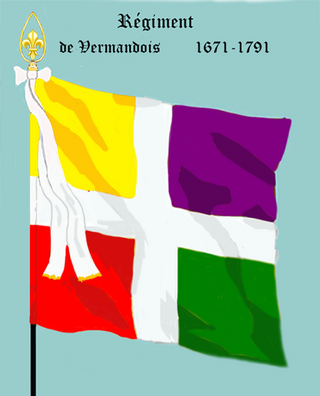
The Régiment de Vermandois was an infantry regiment of the Kingdom of France created in 1643.
Guy Fallot was a French cellist born in Nancy.

Marie Léonie de Bazelaire de Ruppierre was a French painter and writer. In addition to writing several travel books, she was the founder and director of La Chevauchée, a bimonthly literary review for women that published between 1900 and 1903.
